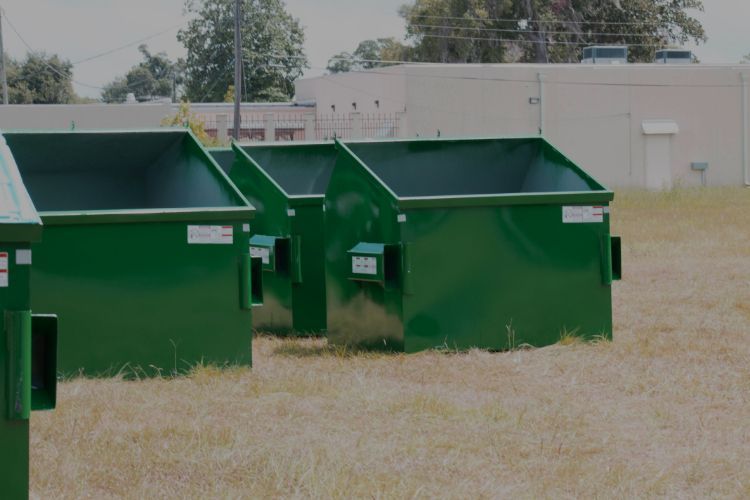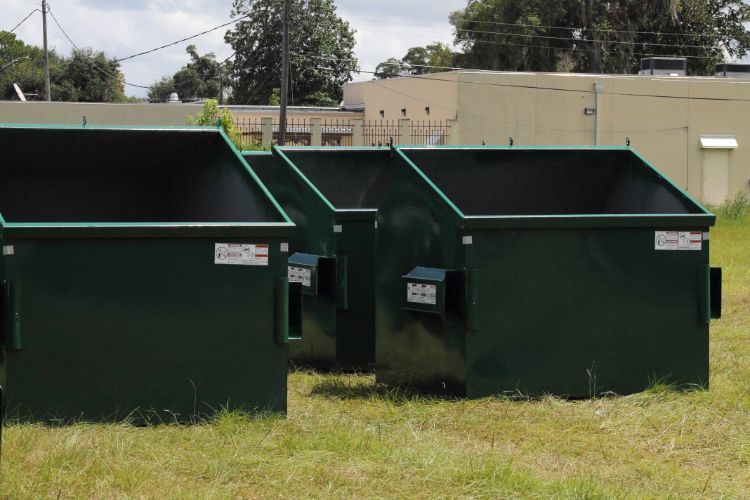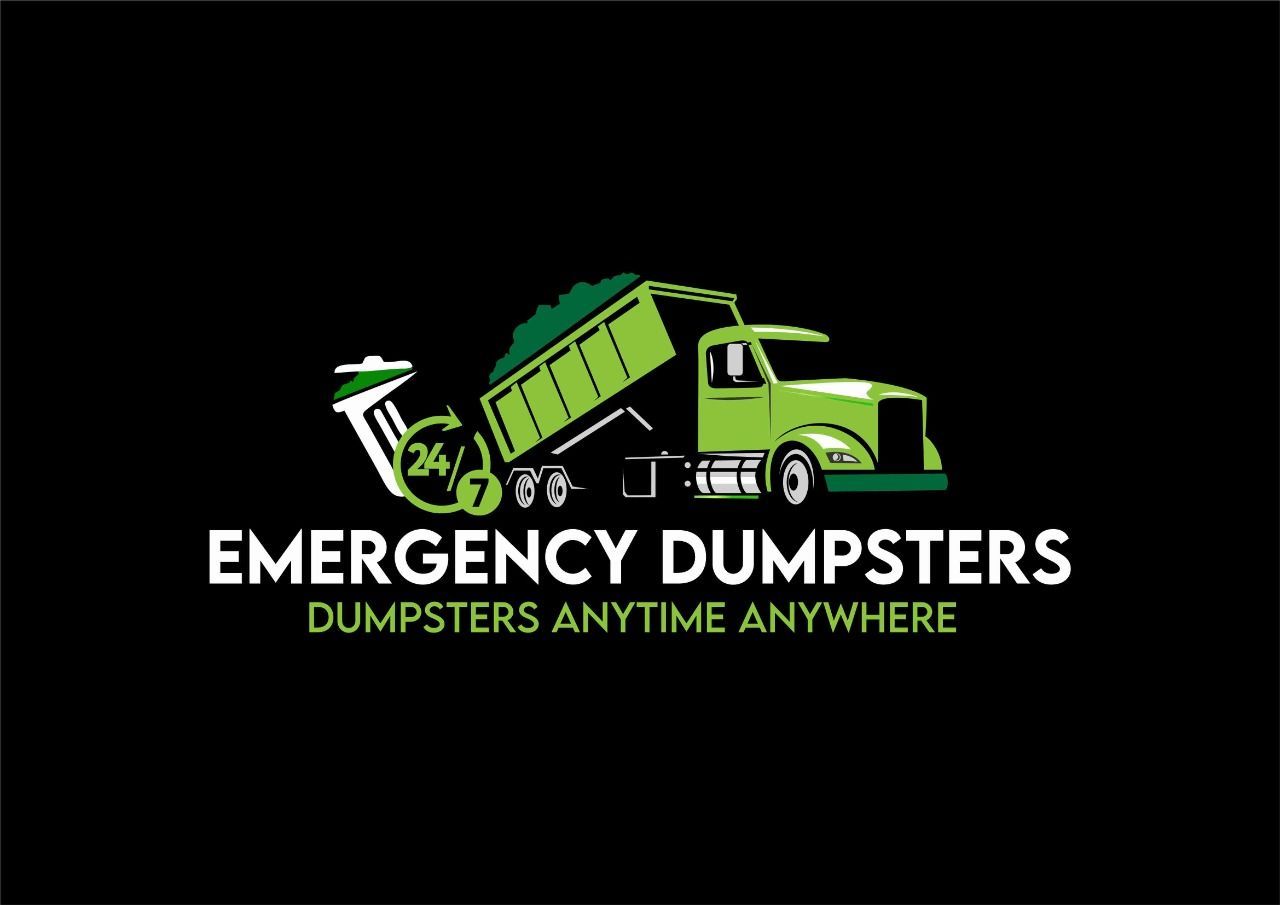Do I Need a Dumpster Permit?
Michael Mintz
Imagine you're about to embark on a major home renovation or a significant cleanout project. You've arranged for a dumpster rental to handle all the debris, but have you considered whether you need a permit for that dumpster? Understanding the requirements for a dumpster permit is crucial to avoid unexpected fines and delays. This article will guide you through determining if you need a dumpster permit, how to obtain one, and the potential consequences of requiring the necessary permissions.
What is a Dumpster Permit?
A dumpster permit is an official authorization to place a dumpster on public property or in certain private areas. The permit ensures that the dumpster placement complies with local regulations to avoid obstruction or hazards.
When is a Dumpster Permit Required?
Dumpster permits are typically required for projects that involve large-scale waste disposal, such as home renovations, construction, or large cleanouts. The need for a license can depend on the dumpster's location and how long it will be in place.
How to Determine if You Need a Dumpster Permit

- Check Local Regulations
The first step in determining if you need a dumpster permit is to check your local regulations. Municipalities often have specific ordinances governing dumpster placement, usually found on your city or county's website.
- Consult with Your Dumpster Rental Company
Dumpster rental companies are familiar with local regulations and can provide valuable guidance. Ask your rental provider if a permit is necessary for your specific situation and if they can assist with the application process.
- Consider the Placement and Size of the Dumpster
A permit is almost always required if you plan to place the dumpster on public property, such as a street or sidewalk. Even putting it on your driveway may require a permit in some areas. Additionally, the size of the dumpster can significantly influence the need for a license if it exceeds the specific dimensions set by local authorities.
Steps to Apply for a Permit
- Applying for a dumpster permit typically involves the following:
- Fill out an application form.
- Providing details about the project.
- Specifying the intended location and duration for the dumpster.
You must submit this form to the relevant local authority, often the city hall or public works department.
Required Documentation and Information
Be prepared to provide information such as the type of project, the exact location where the dumpster will be placed, the size of the dumpster, and how long you plan to keep it. Additionally, some municipalities also require proof of insurance or other documentation. For urgent needs, consider a 24-hour dumpster rental to expedite the process.
Fees and Payment Processes
Most permits come with a fee, which can vary widely depending on the municipality. Ensure you understand the cost and payment process, typically outlined in the application form or on the municipality's website.
Timeline for Approval
Permit approval timelines can vary, ranging from a few days to a few weeks. To avoid project delays, applying for the permit well in advance is advisable. Check with your local authority for estimated processing times and any options for expedited approval.
Contacting Local Authorities
If you have questions or need assistance, contact the appropriate local authorities. This is usually the public works department or city hall. Their contact information is often available on the municipality's website. Clear communication with these authorities can help streamline the application process.
Potential Consequences of Not Having a Dumpster Permit

- Fines and Penalties
Operating without a required dumpster permit can lead to significant fines and legal repercussions. Municipalities enforce these rules strictly to ensure public safety and order.
- Project Delays
Local authorities might only halt your project with a permit, causing delays and additional costs. Ensuring you have the necessary licenses can keep your project on schedule.
- Impact on Your Community
Unpermitted dumpsters can cause obstructions and hazards for your neighbors, leading to complaints and potential legal action. Additionally, improper waste disposal can have environmental consequences, further complicating the situation.
Tips for a Smooth Dumpster Rental Experience
1. Planning Ahead
Early preparation is critical. Create a checklist that includes checking local regulations, consulting with your dumpster rental company, and applying for permits well in advance.
2. Communicating with Stakeholders
Inform your neighbors about your project and the temporary placement of the dumpster. Coordination with your contractor and rental company can ensure an understanding of logistical issues.
3. Managing the Dumpster on Your Property
Ensure the dumpster is placed safely and efficiently to minimize disruption. Regularly monitor the dumpster and address any issues promptly to maintain compliance with local regulations.
Securing Your Dumpster Permit for a Smooth Project
Understanding and obtaining a dumpster permit is crucial in planning large-scale waste disposal projects. You can avoid fines, project delays, and potential community issues by checking local regulations, consulting with your rental company, and following the proper application process. Start your permit process early, communicate effectively with all stakeholders, and manage your dumpster responsibly for a smooth and successful project.
Need a Dumpster Fast?
If you're looking for a reliable dumpster rental service, 24/7 Emergency Dumpsters is here to help. We offer prompt and professional dumpster rental services to meet your urgent needs. Visit 24/7 Emergency Dumpsters to learn more and get started on your project today!
Share to:
Phone: 1-866-349-2734
For Residential Dumpsters and Junk Removals all across the U.S. please call 561-372-3176

